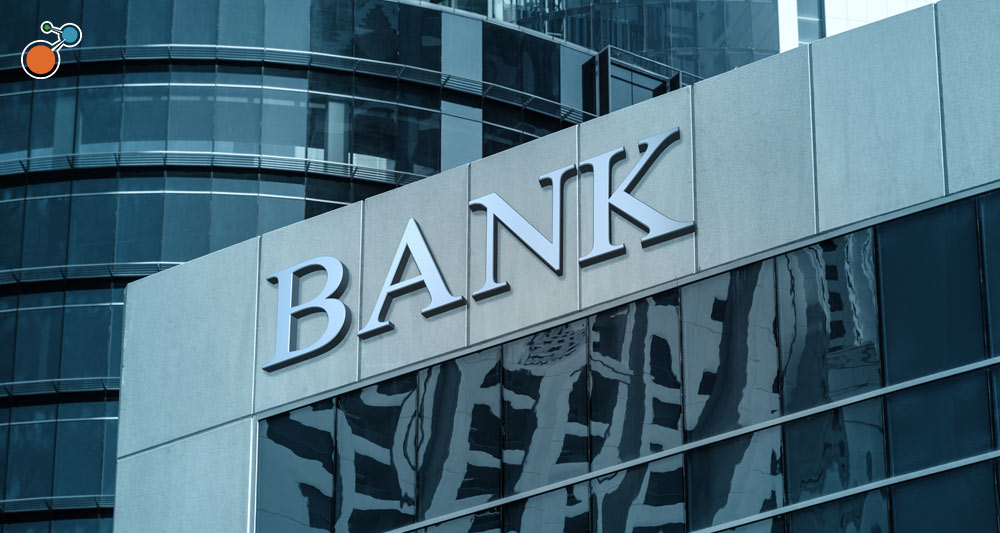Banking compliance professionals continue to confront myriad regulatory requirements around the globe, as well as internally driven demands. And this frenzy of activity is not expected to slow down anytime soon.
Banking compliance is essential because it maintains the integrity of the banking system, prevents financial crimes, and supports economic stability. Laws, regulations, and standards also safeguard customers, ensure fair lending practices, and boost consumer confidence in the banking system. Regulatory bodies like the Federal Reserve Board, Securities and Exchange Commission, Bank of England, and European Central Bank impose stiff penalties to violators.
Here are five of the top challenges facing banking compliance professionals today:
-
Hybrid Work Environments
As the banking sector returns to some form of normality, big decisions are being made about what the new work environment will look like. The pandemic forced banks to go digital when many employees began working from home. This experiment was largely successful – so much so that many organizations are considering making hybrid/flexible arrangements permanent.
Flexibility appears to be key. While many financial services institutions now require employees go into the office three or four days a week, only 18% of respondents to a recent survey say this would be their ideal arrangement. Additionally, 66% of financial services leaders currently working remotely at least part of the time said they would leave their current job if they were required to return to the office five days a week.
Remote work, however, introduces an extra level of compliance complexity for banks. Organizations have had to adapt quickly to evolving restrictions and revise internal company processes and procedures to include remote work. Making work-from-home a permanent option will likely require a is full policy review, particularly with regard to safeguarding sensitive information away from the office.
In Europe, banking compliance includes GDPR requirements. And the ICO issued guidance and security checklists on how organizations can better protect data remotely by identifying typical IT vulnerabilities.
Conduct and ethics also must be considered. Reduced oversight when employees are working remotely can lead to increased levels of noncompliance. Review your current policies to ensure there are clear attestations, certifications, and training processes in place around remote working.
Long-term issues, such as virtually managing employee personal development or monitoring their health and well-being, must also be addressed. Compliance managers will want to be involved in the communication process to ensure relevant policies and procedures are clear and on point.
-
Regulatory Change
High inflation, interest rate volatility, geopolitical instability, and the lingering effects of the pandemic are fueling regulatory change around the world.
Banking compliance officers will want to keep a close eye on current regulatory obligations, as well as associated processes and controls. But that’s only half the battle when it comes to managing banking compliance. Regulations require copious amounts of data and documentation from multiple policy makers. And you must be able to translate that information into action to update relevant organizational processes, controls, and policies. Failure to do so can lead to large fines.
-
Accountability Requirements
Personal accountability continues to be a high priority for regulators seeking to stem misconduct and embed risk-aware cultures into banks. Singapore is one of the latest in a long list of jurisdictions to introduce measures that would strengthen accountability and conduct requirements of senior banking executives.
Even in regions such as the US where there are no specific accountability requirements yet, organizations are beginning to see the value of a structured system of record and accountability relating to conduct rules. Spelling out the rules defines employees’ compliance responsibilities and helps enforce other regulations across the organization.
Banks, however, should not view accountability regulations, such as the Senior Managers & Certification Regime (SMCR), as a box-ticking exercise for the compliance team. Consider accountability regulations as an opportunity to strengthen organizational culture and improve integrity. Time spent assessing current practices and formalizing new accountability controls will be time well spent by compliance teams and boards.
-
Digital Transformation
The pandemic accelerated digital transformation within the banking sector, and customers now expect a personalized experience from their financial institution. Consumers are embracing digital platforms to access many products and services, which has pushed technology to the forefront of the strategic agenda for many organizations.
Digital transformation is still a relatively gray area when it comes to banking compliance, with no one-size-fits-all approach as to how it should be regulated. Digital innovation occurred slowly over the past decade, gifting regulators time to adapt without disrupting the markets too much. The story is different today. Regulators are struggling to keep up with the pace of digitization, especially around areas of machine learning, artificial intelligence (AI), and big-data analytics.
The question now is: at what point should regulators intervene with a bank’s digital-transformation efforts? Regulation in general has a nasty habit of hampering innovation if introduced prematurely – but it can cause significant disruption if applied too late.
A successful digital transformation program also requires good overall data governance and risk management. Aligning people, processes, and technology into a data strategy is fundamental to success. Compliance officers definitely need a front-row seat as organizations evolve their data strategy as part of the wider digital transformation.
-
Compliance Costs
Banking compliance is a huge – and growing – expense. Simply “keeping the lights on” requires enormous sums. And the cost of keeping up with accelerating regulatory change rachets up that amount. According to a recent survey, operating costs spent on compliance have risen by over 60 percent for retail and corporate banks over the last eight years.
The cost of compliance is so great, in fact, it can interfere with the ability to innovate, deliver customer value, and reduce operating costs. And reducing spend on regulatory compliance is not something that can be easily achieved – especially when penalties for noncompliance remain high.
Reducing compliance costs comes down to your ability to increase the effectiveness and efficiency of the compliance management function. Invest in the right technology to automate processes. Automation not only drives down operating costs; it minimizes your risk of expensive fines from noncompliance.
The challenges surrounding banking compliance are not likely to diminish in the coming months or years. It’s up to compliance professionals to keep costs down – while successfully navigating the increasingly complex cultural and regulatory climate of the banking industry.
For more on streamlining your compliance function, download our e-book, Transforming Compliance from Check-the-Box to Champion, or visit Riskonnect for the Financial Services Industry.


 Hybrid Work Environments
Hybrid Work Environments Regulatory Change
Regulatory Change Accountability Requirements
Accountability Requirements Digital Transformation
Digital Transformation Compliance Costs
Compliance Costs

